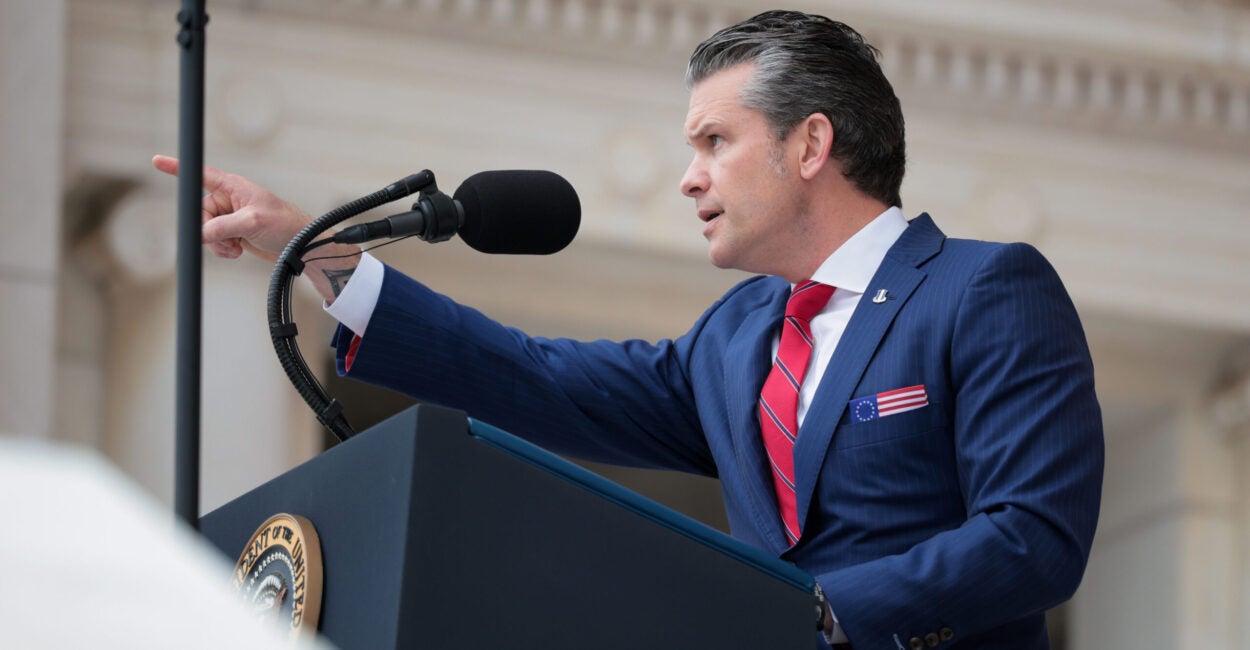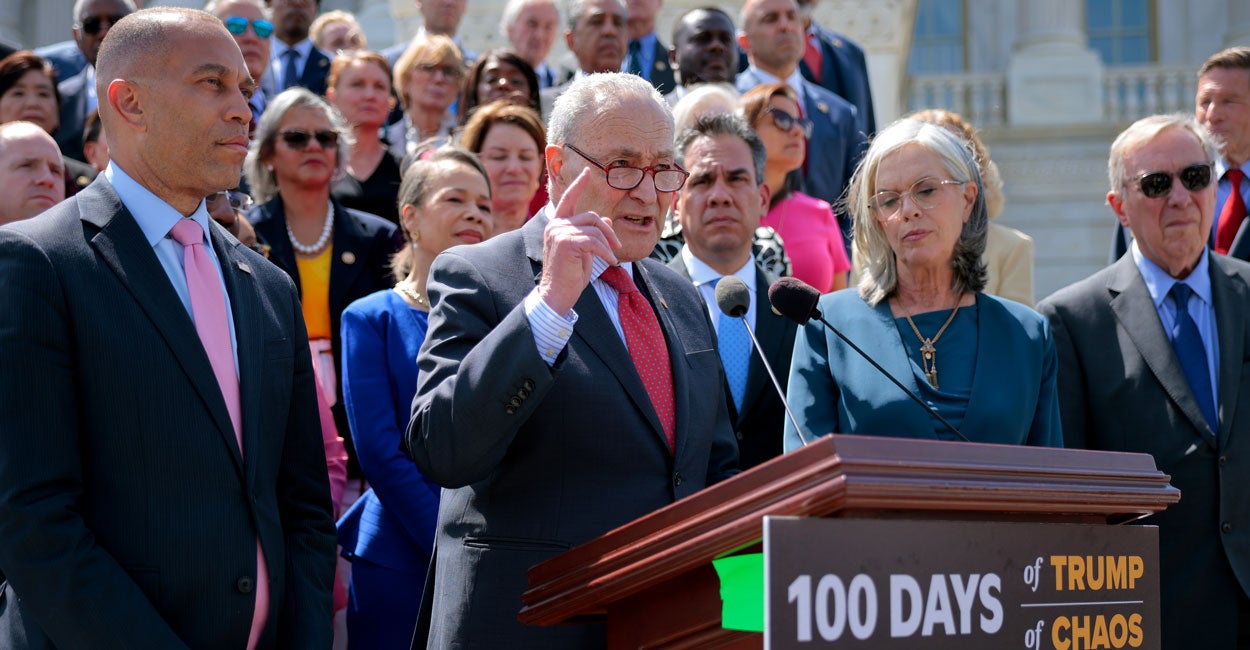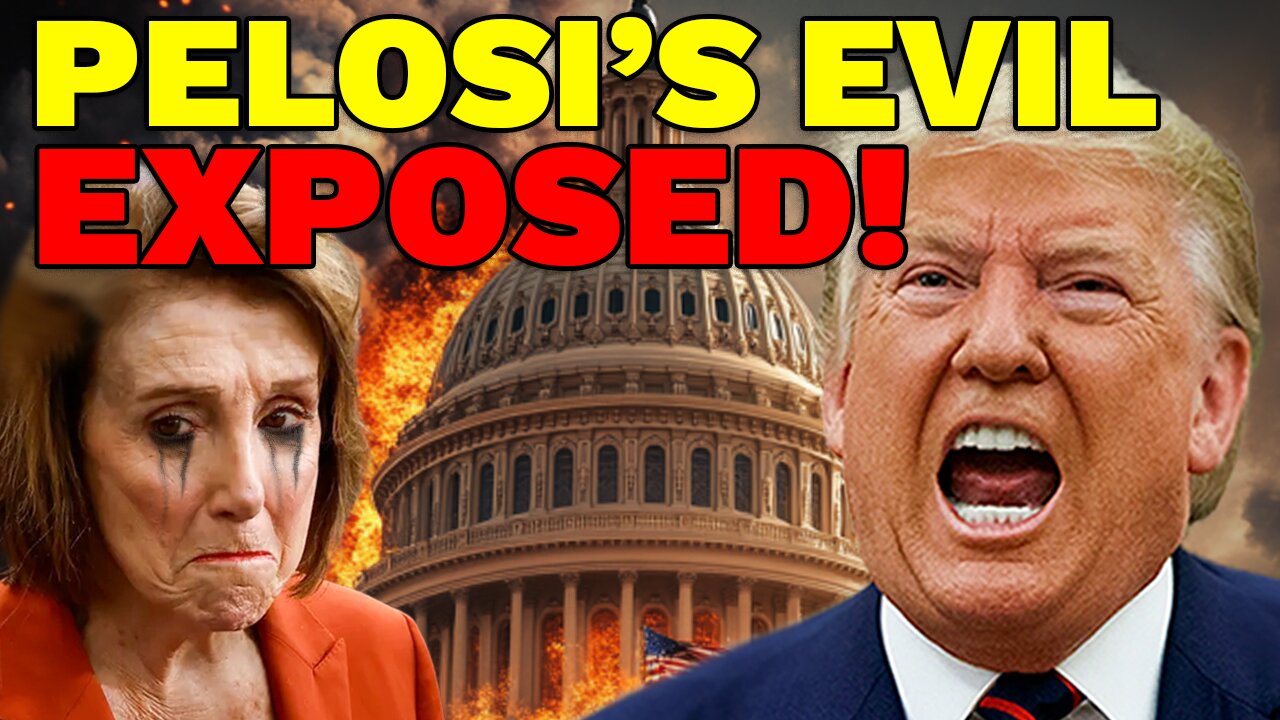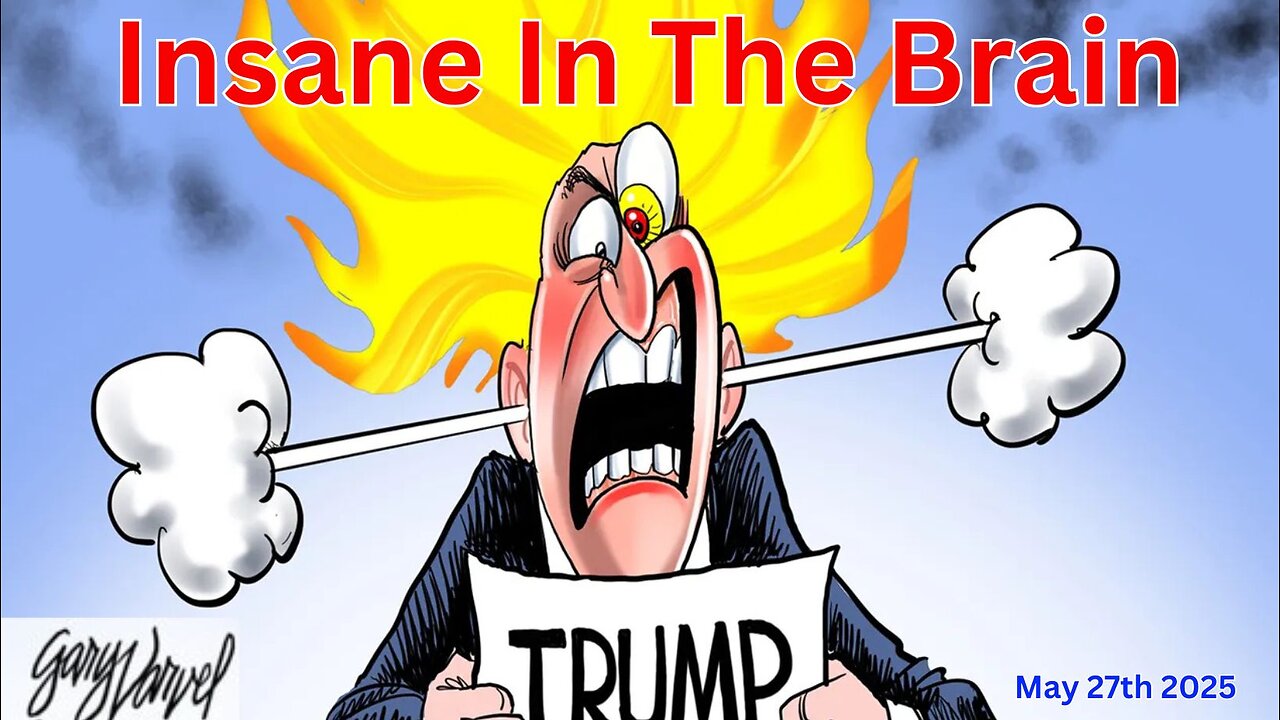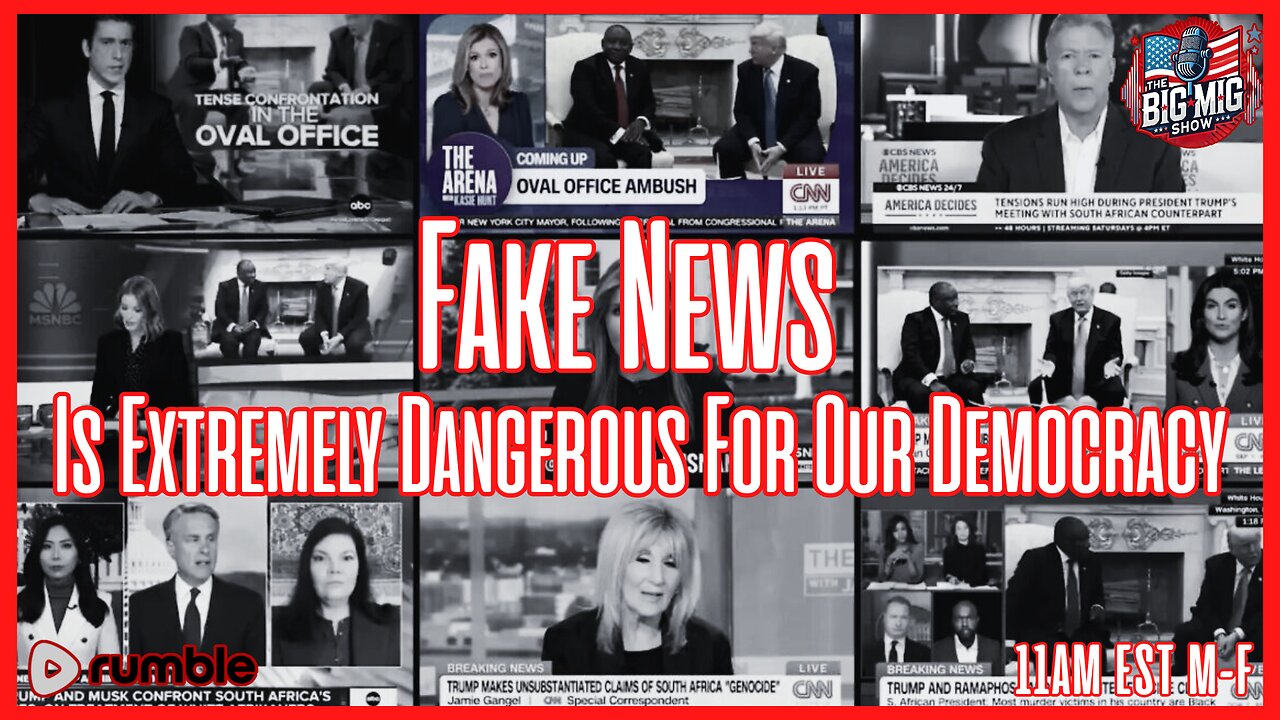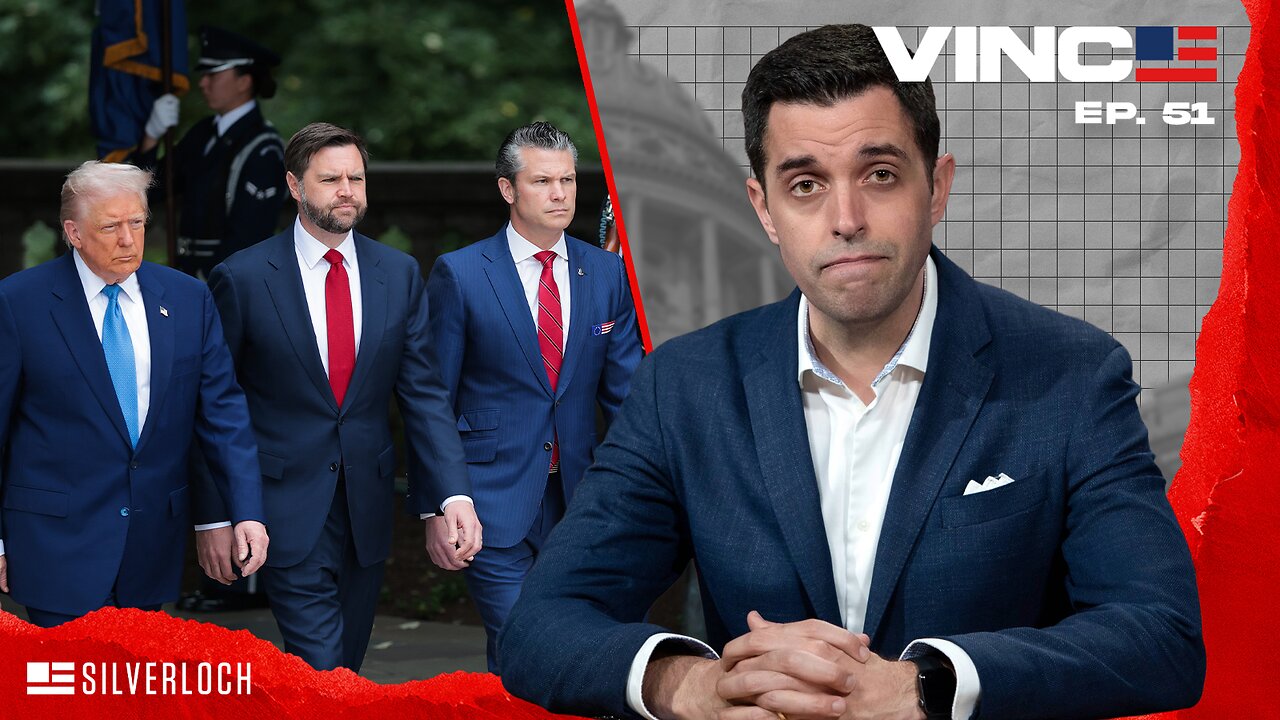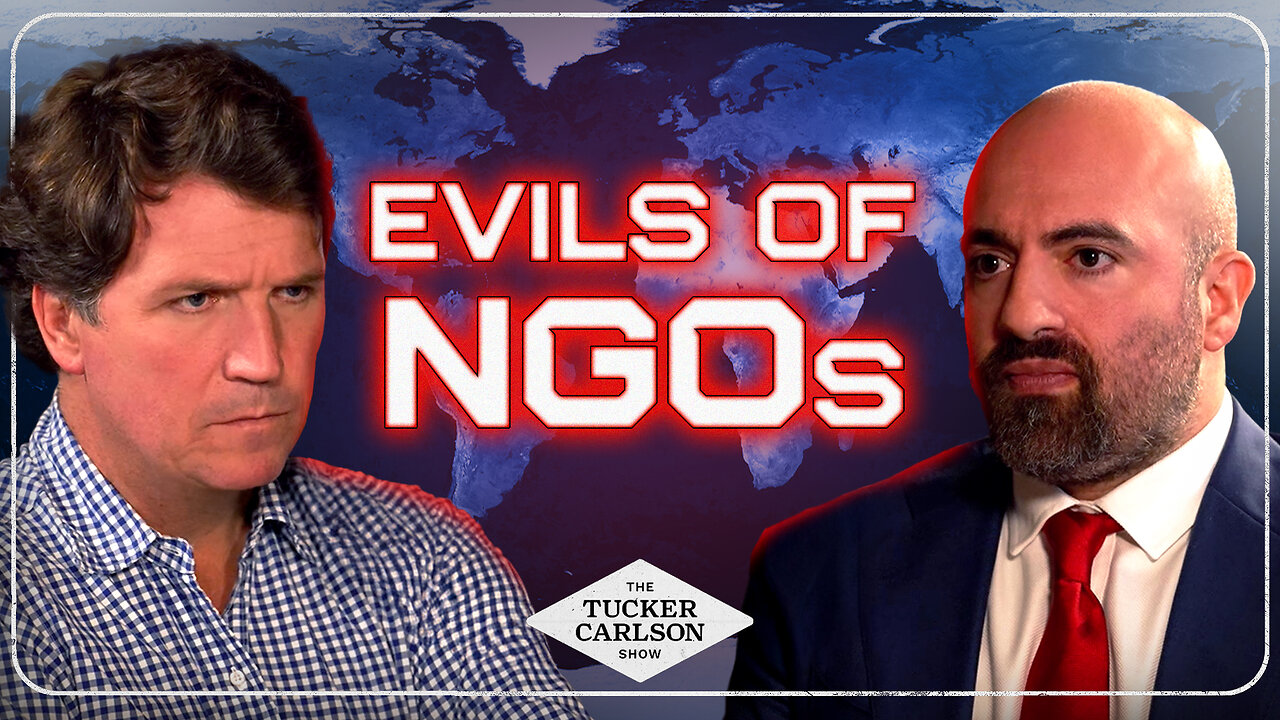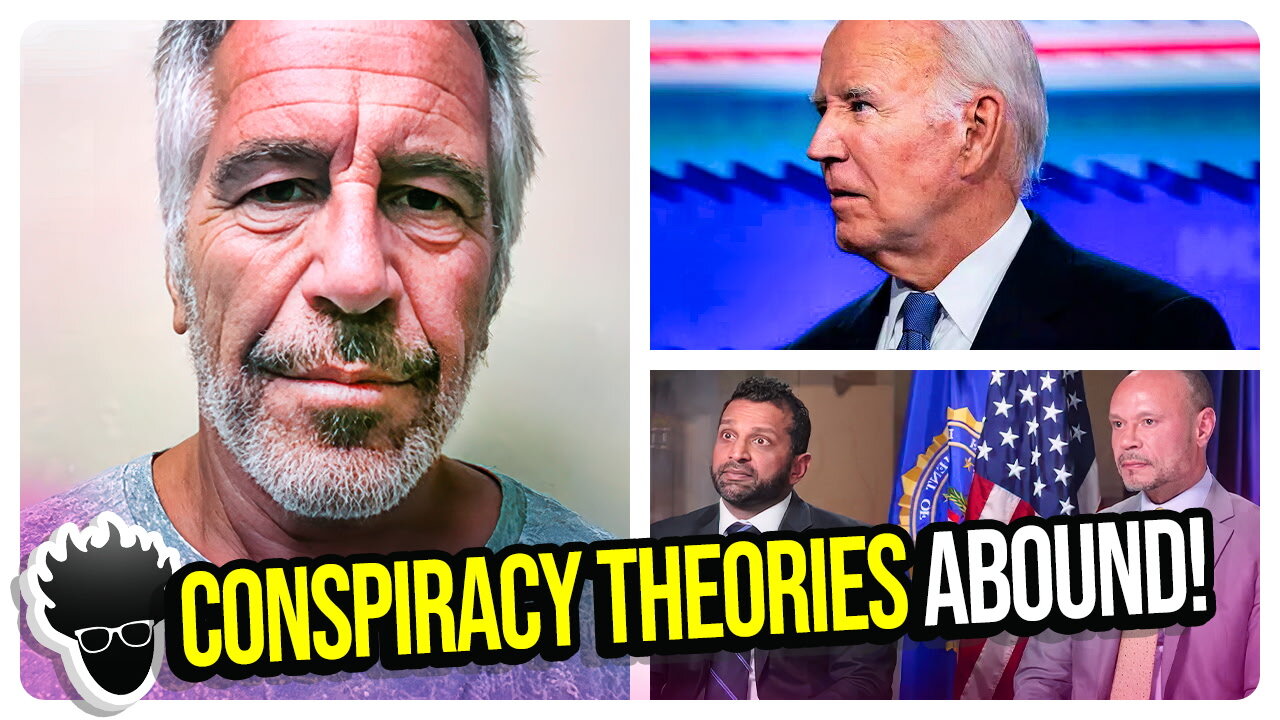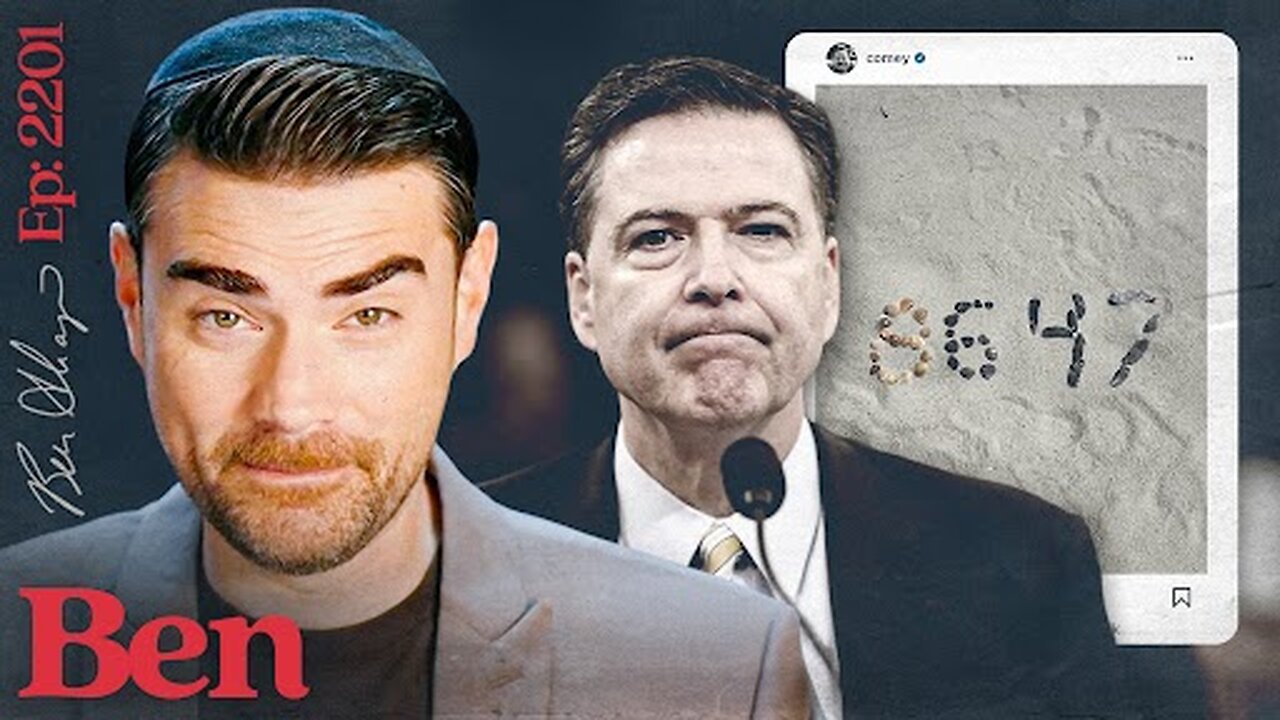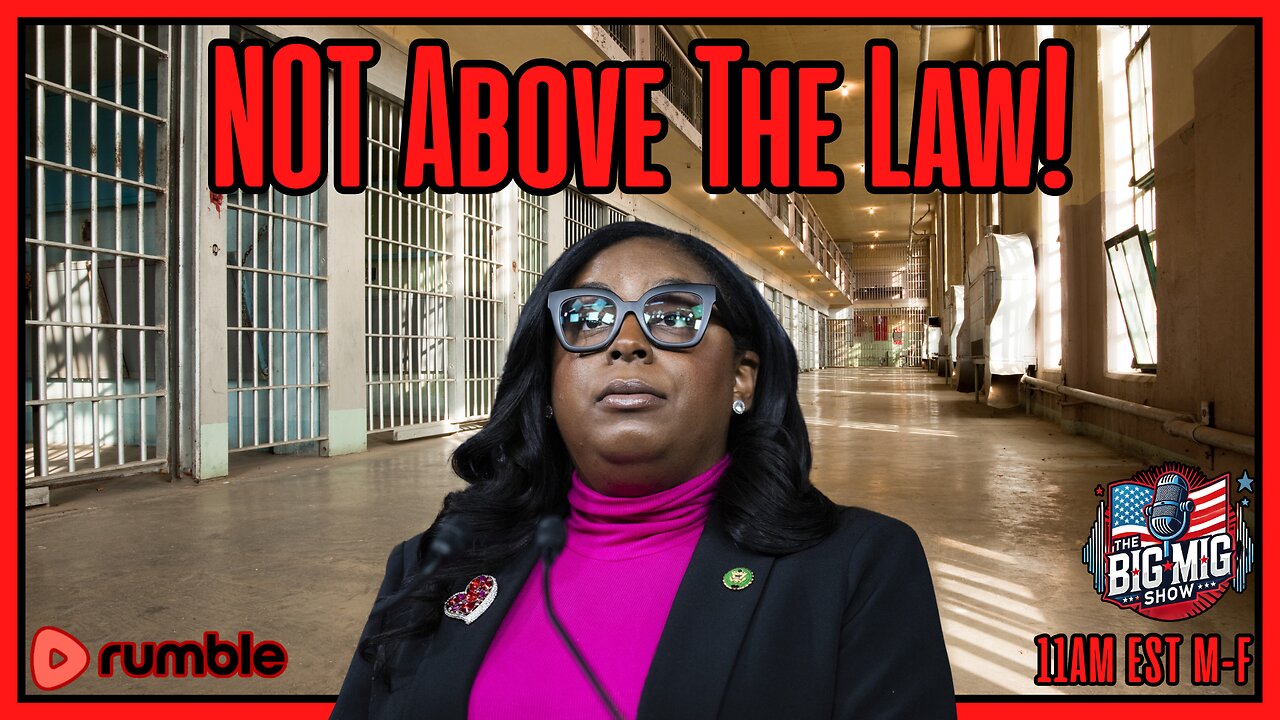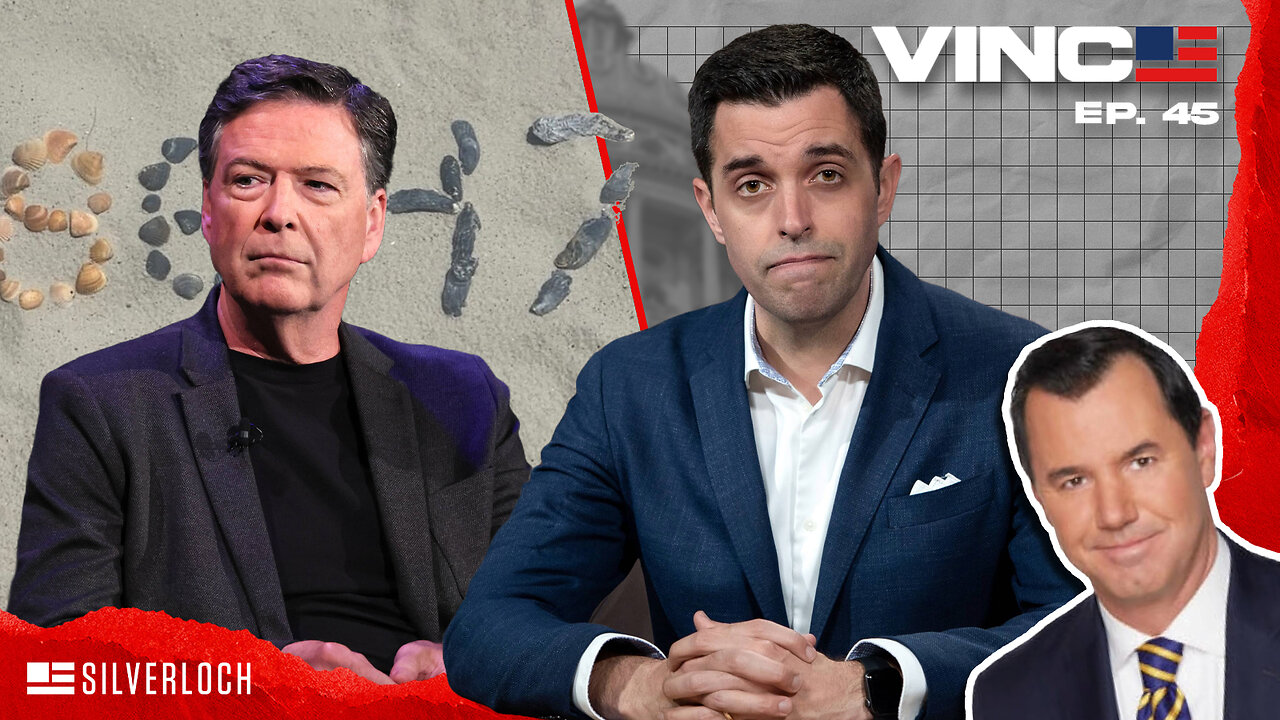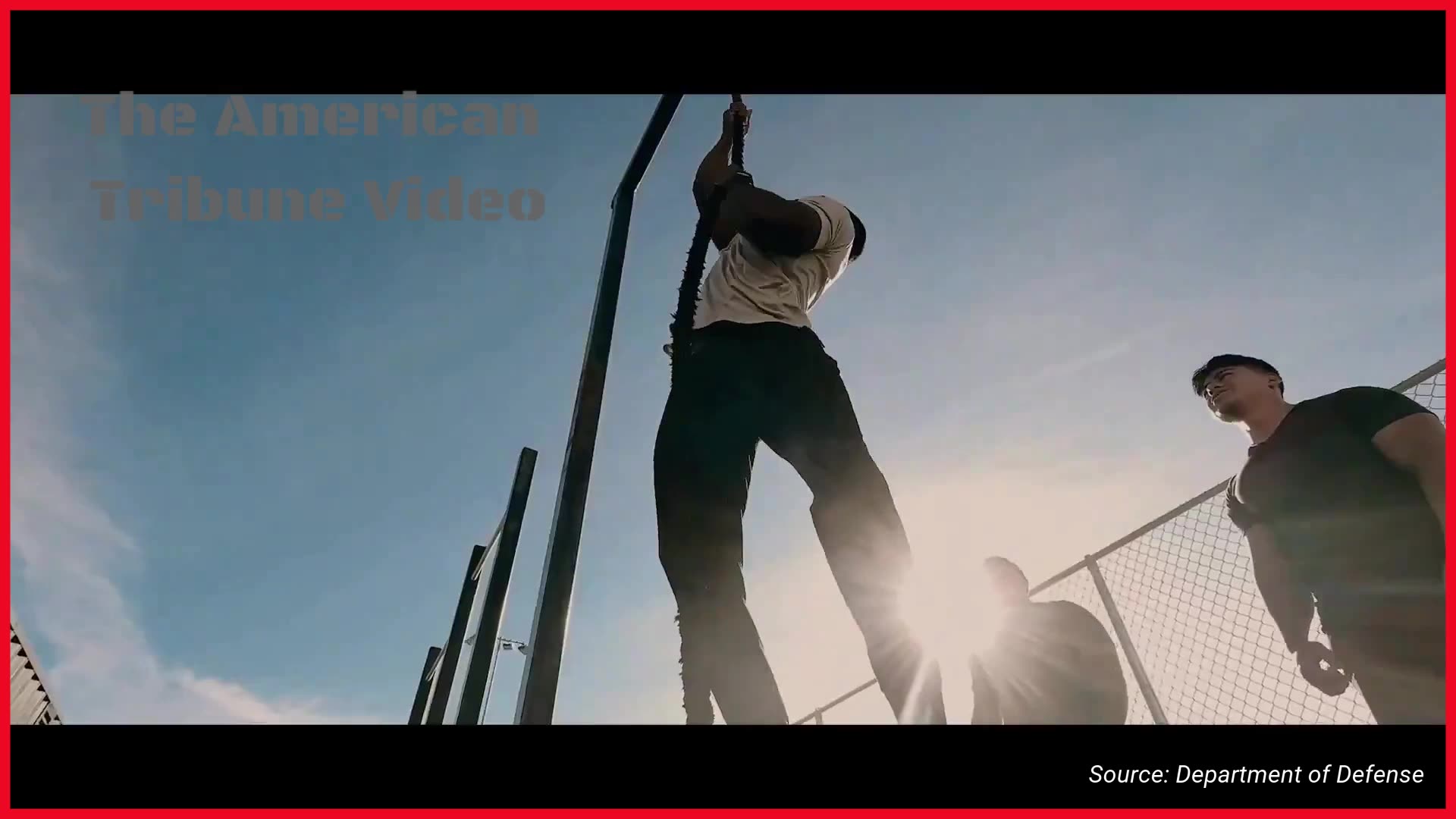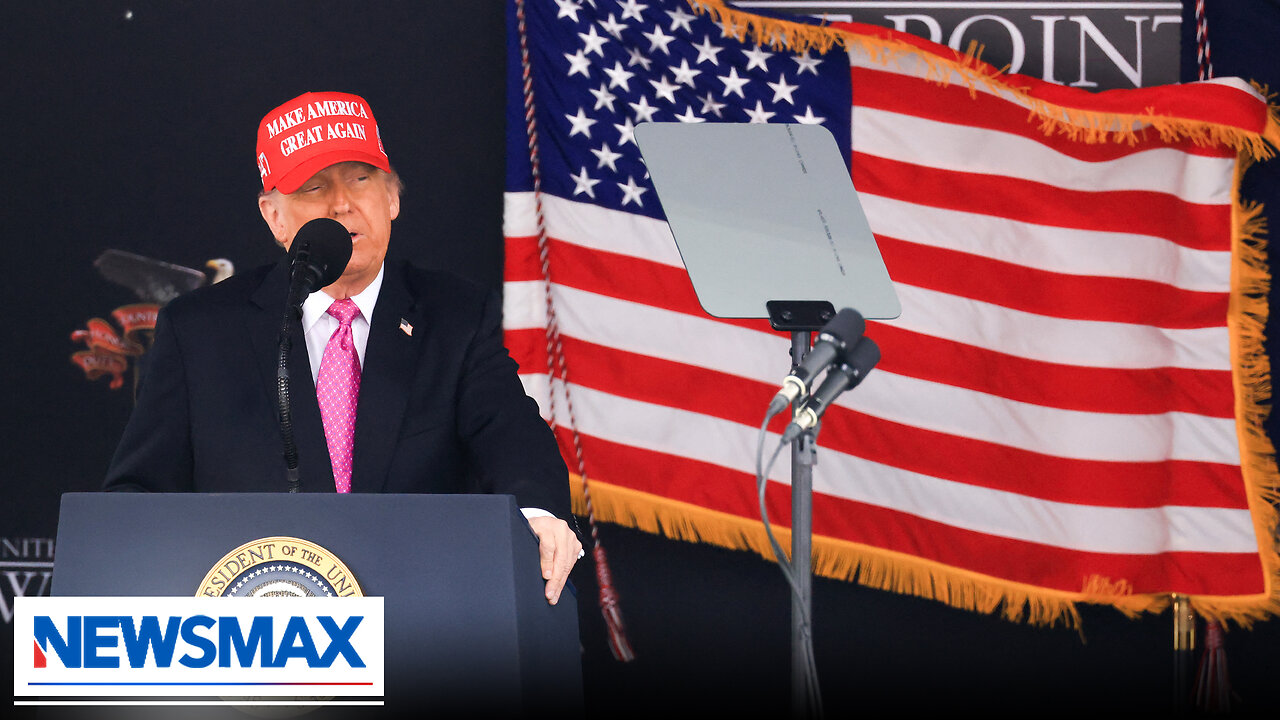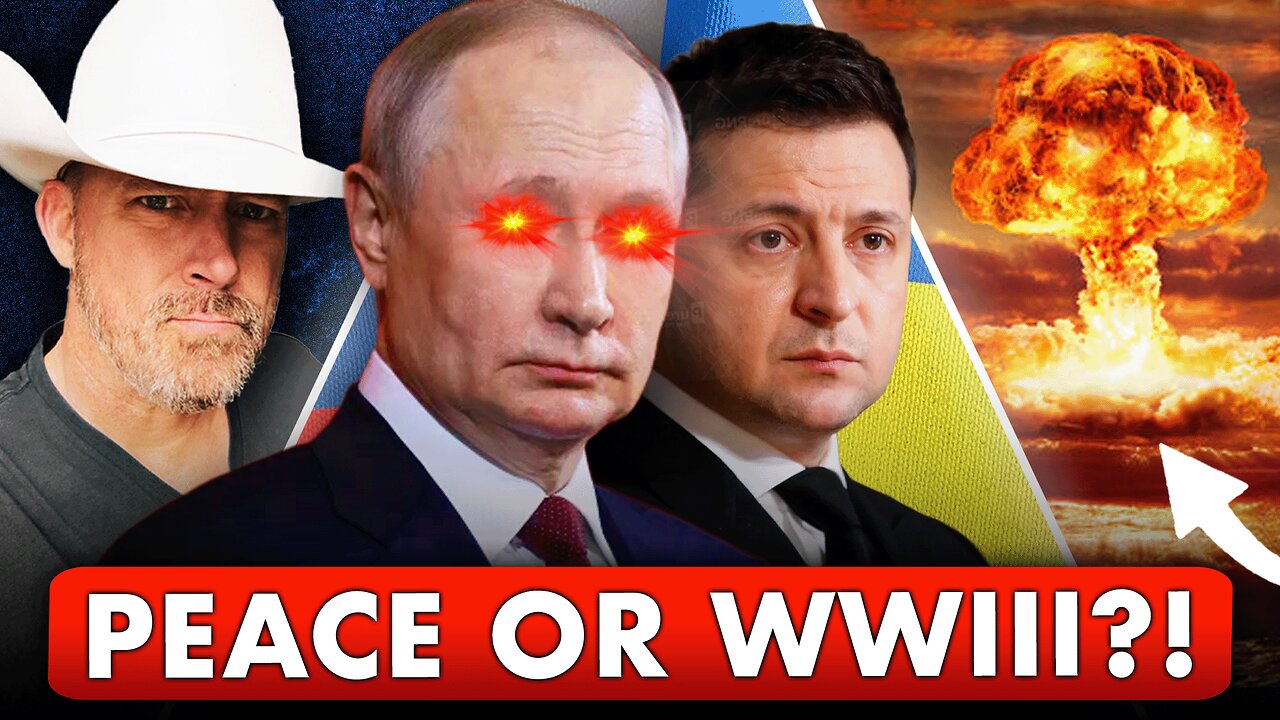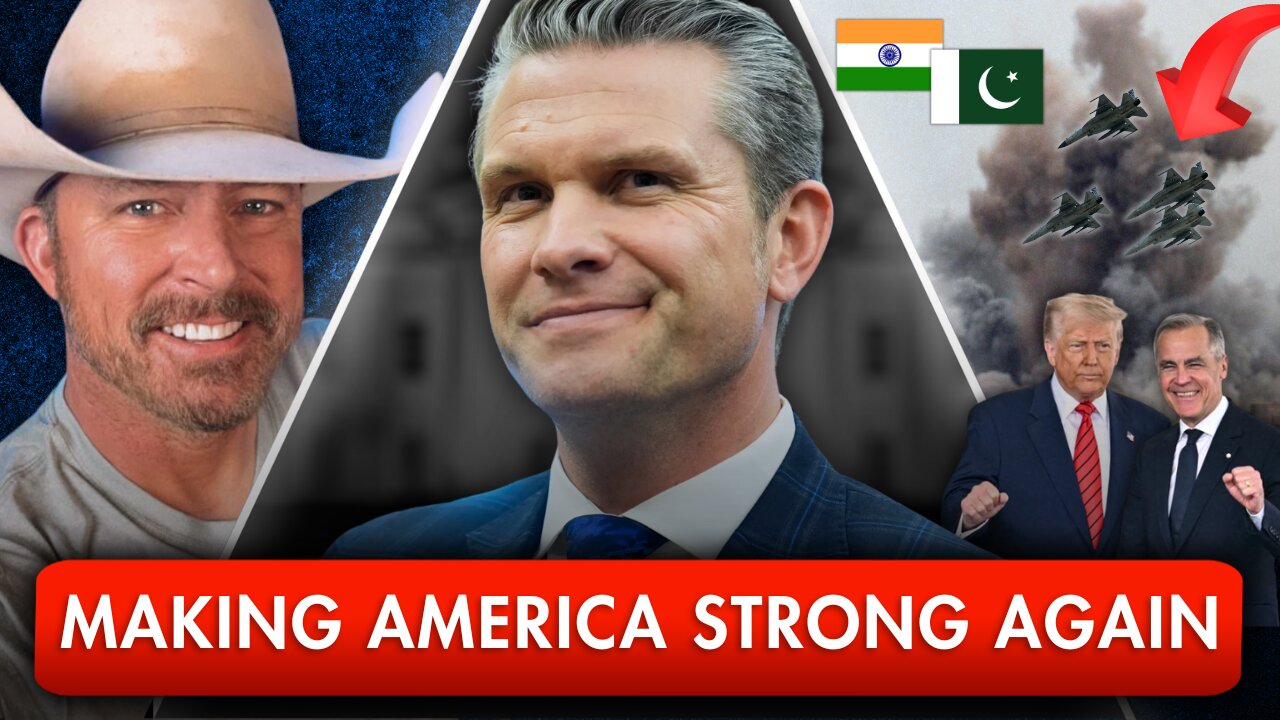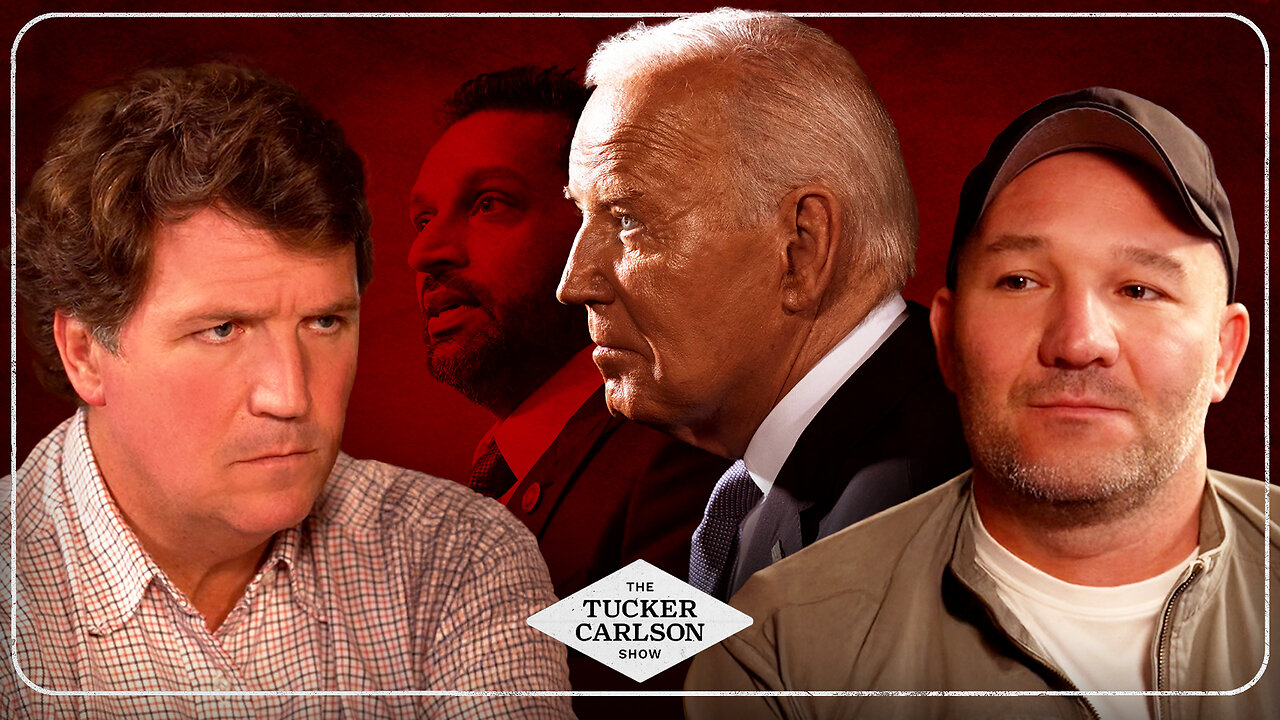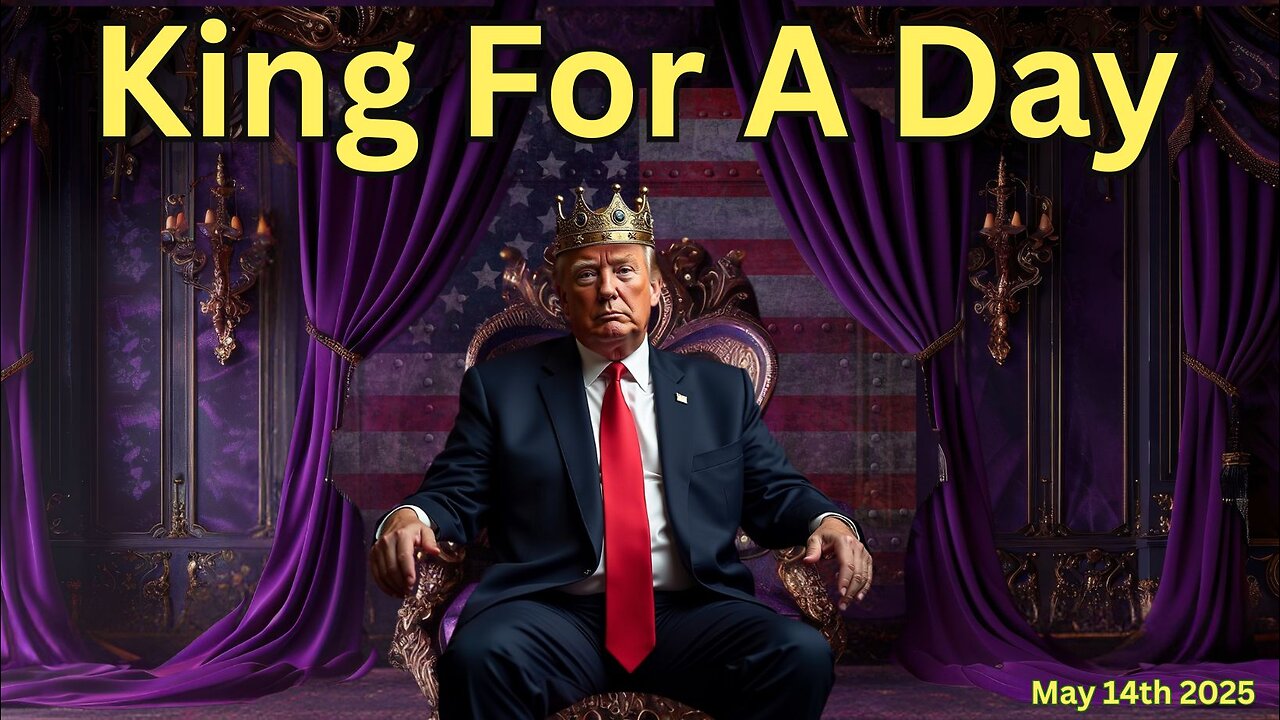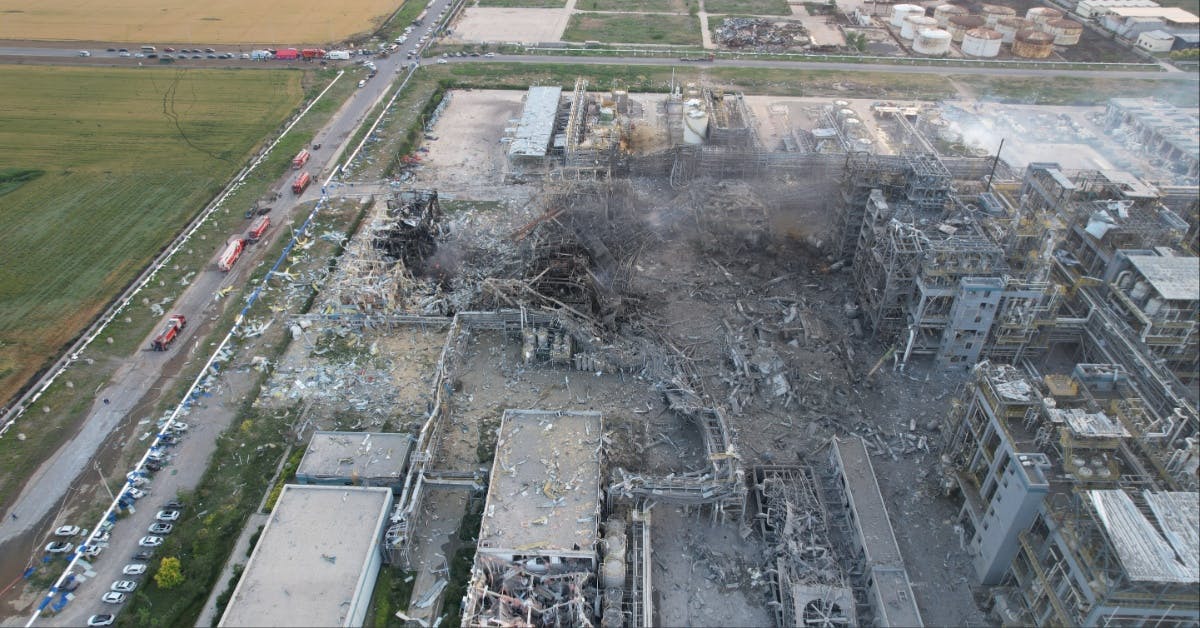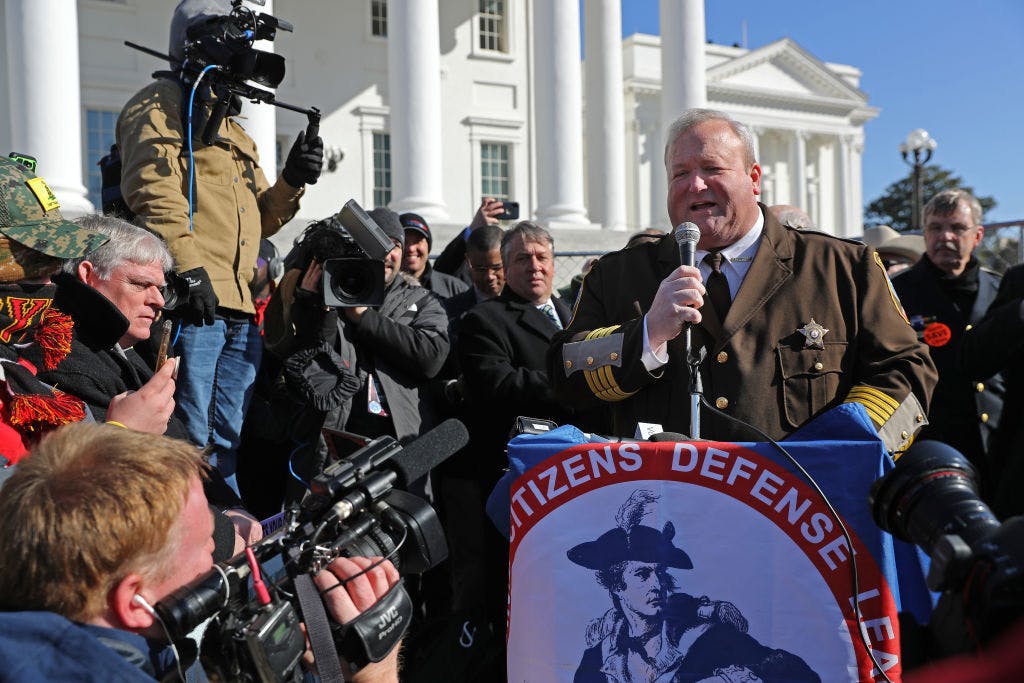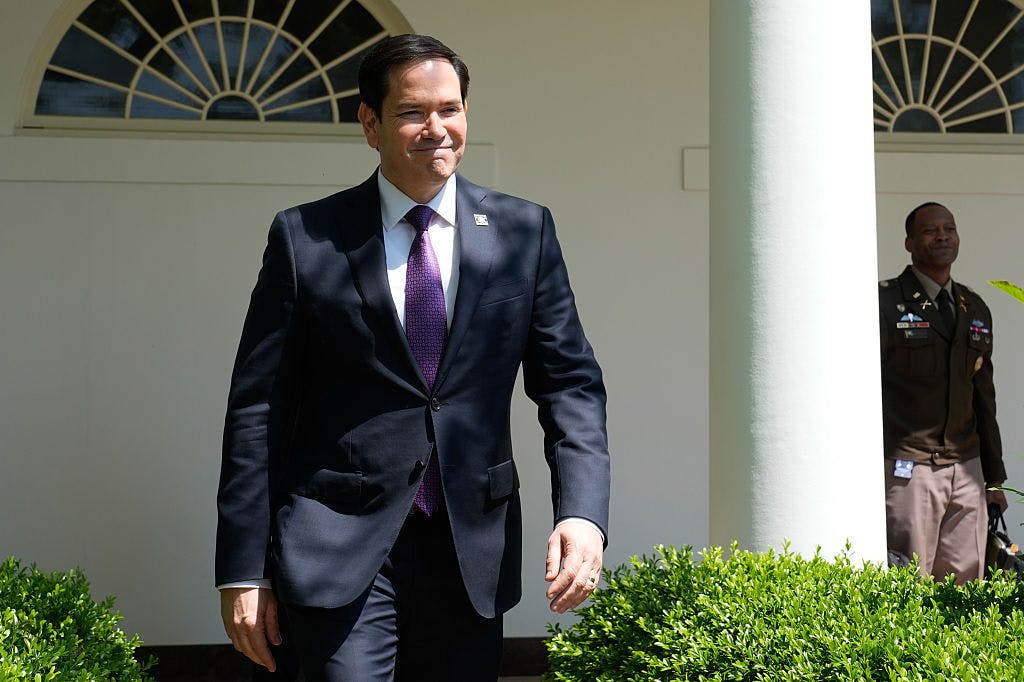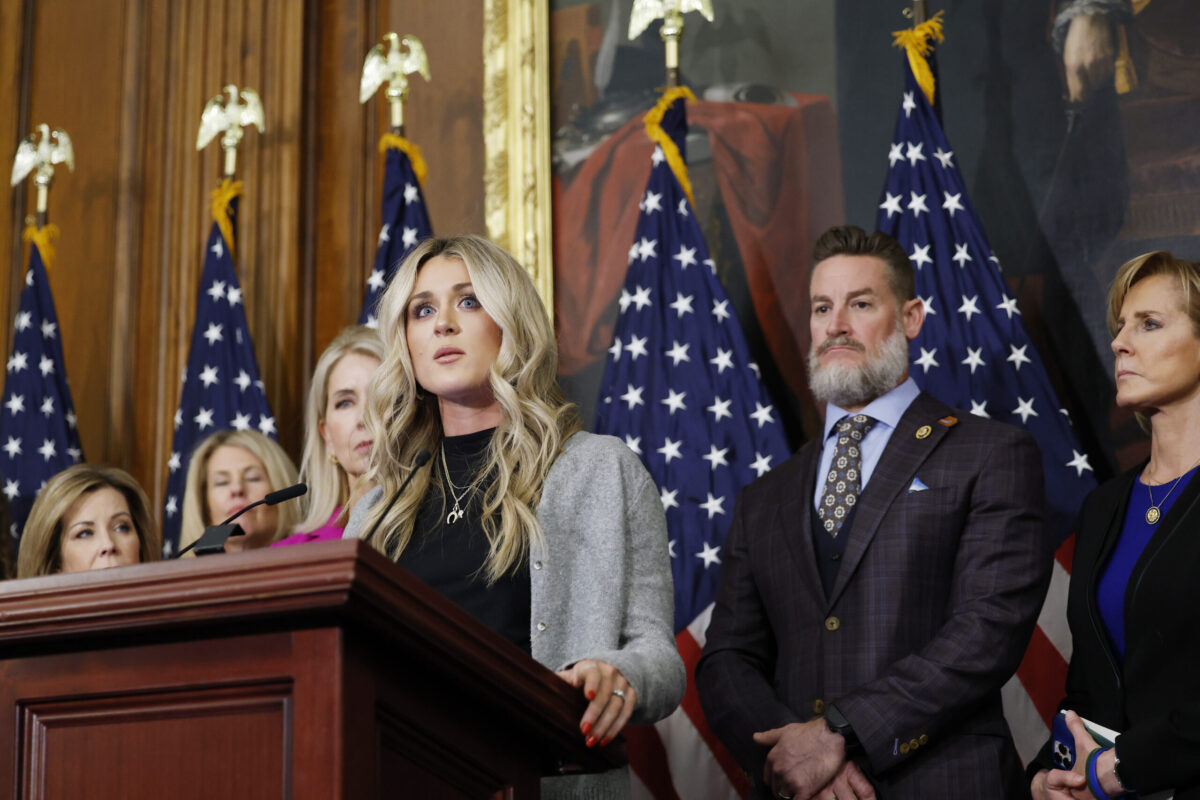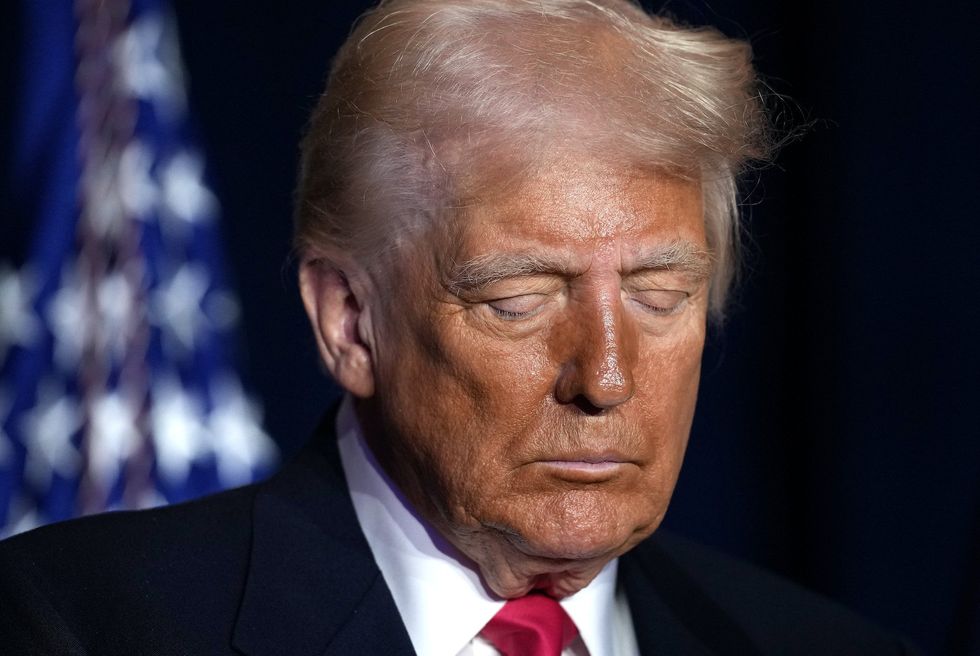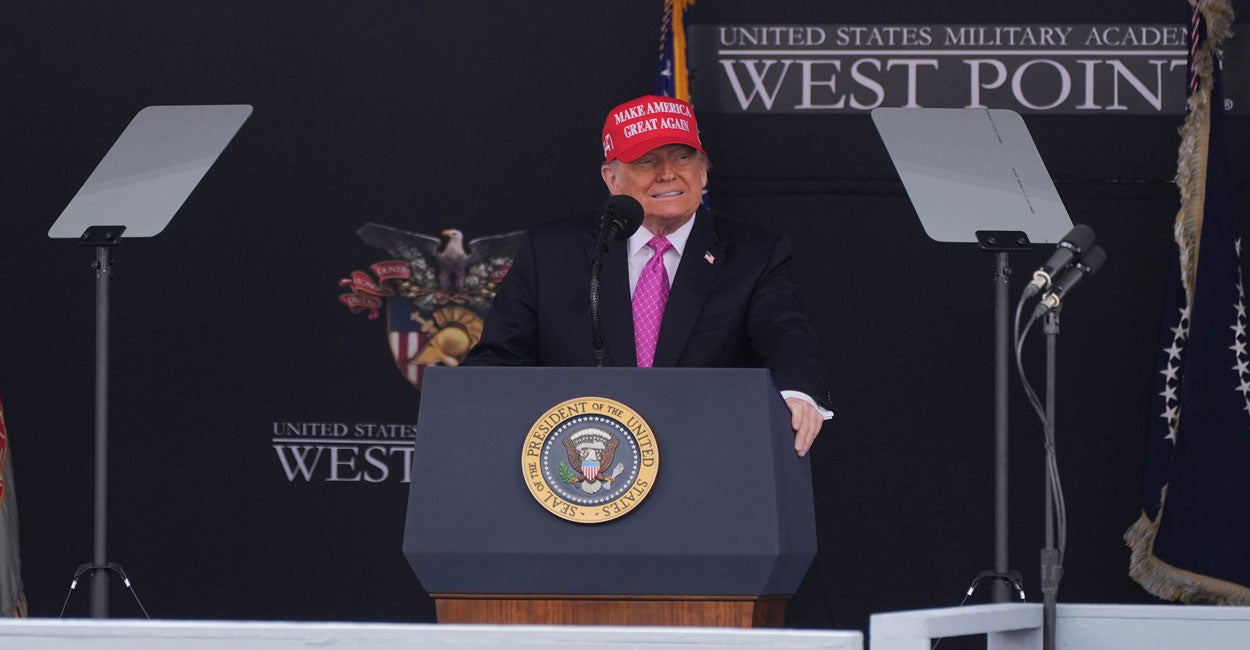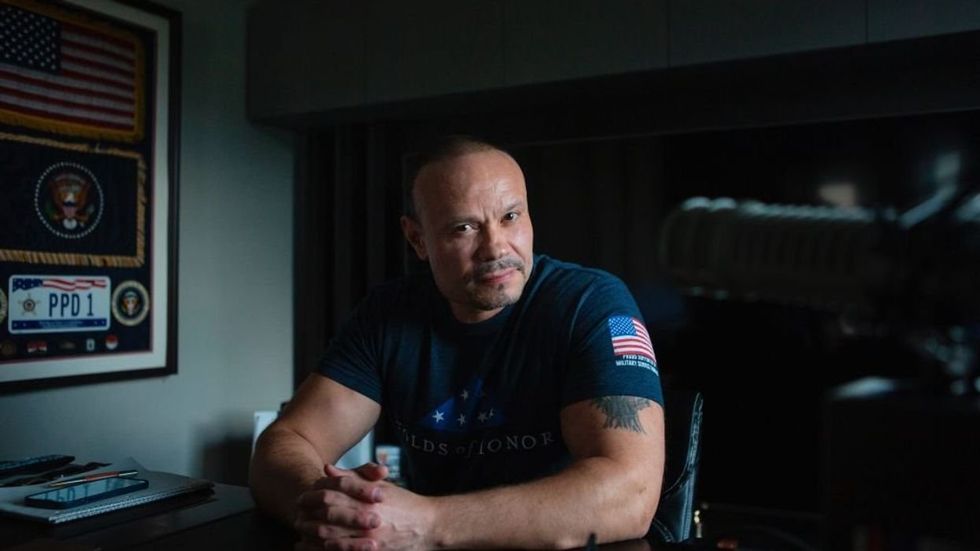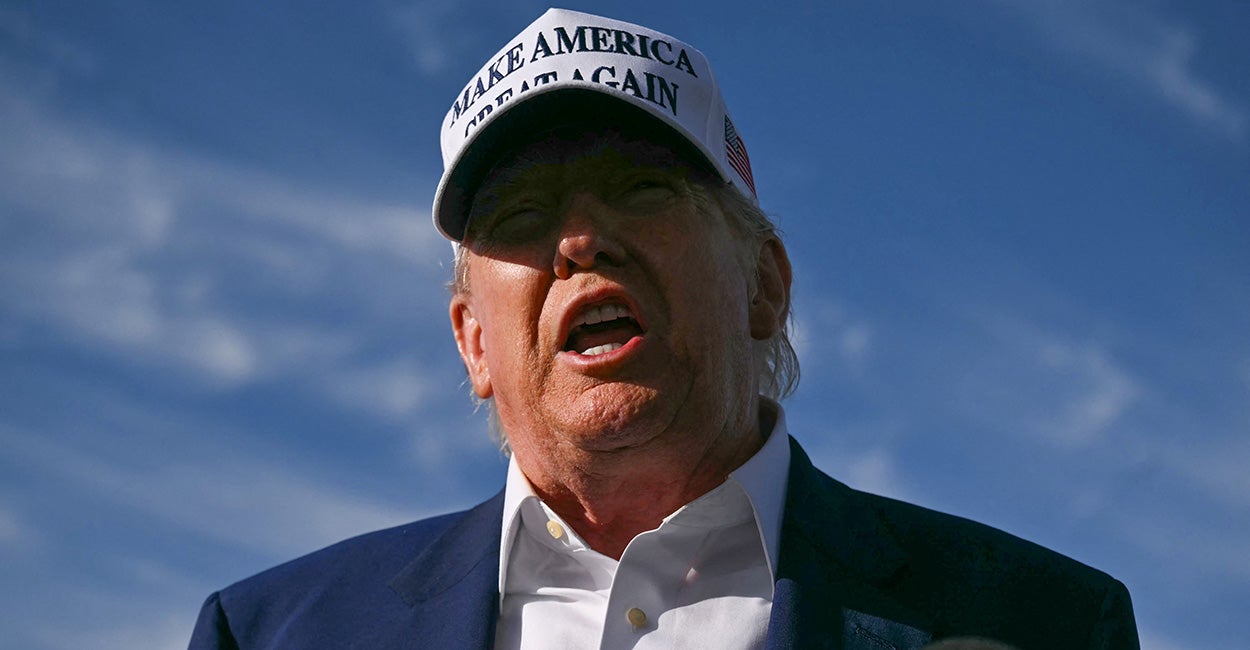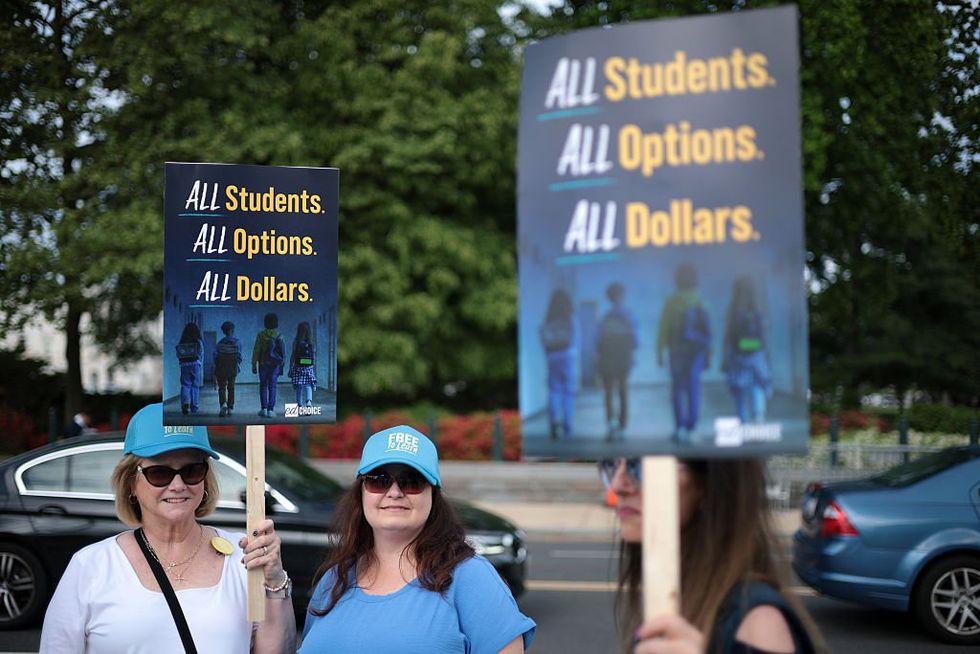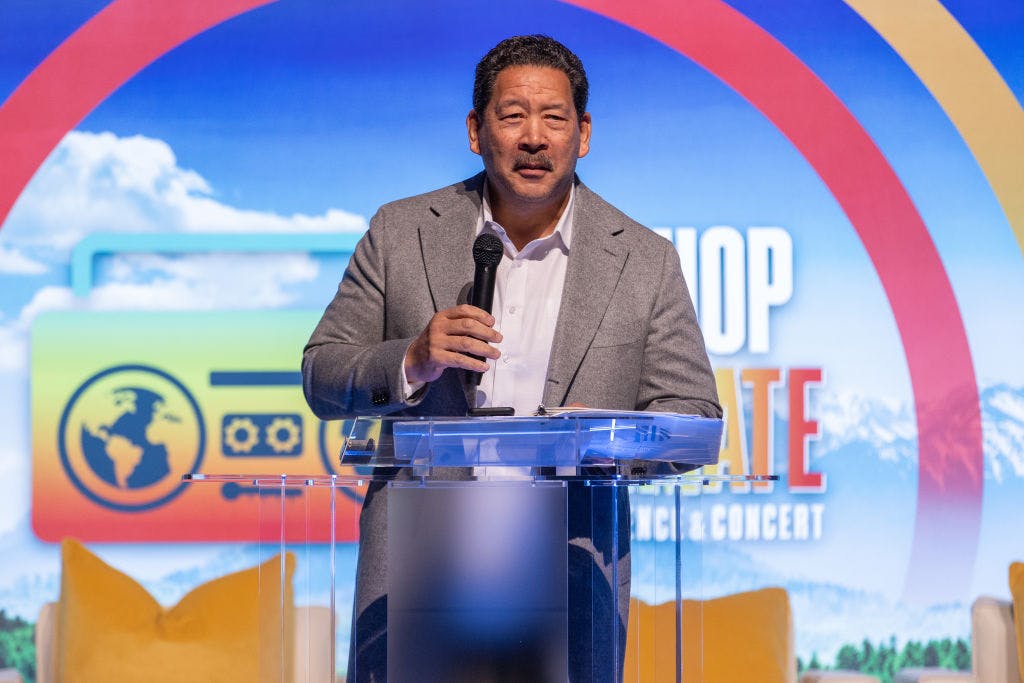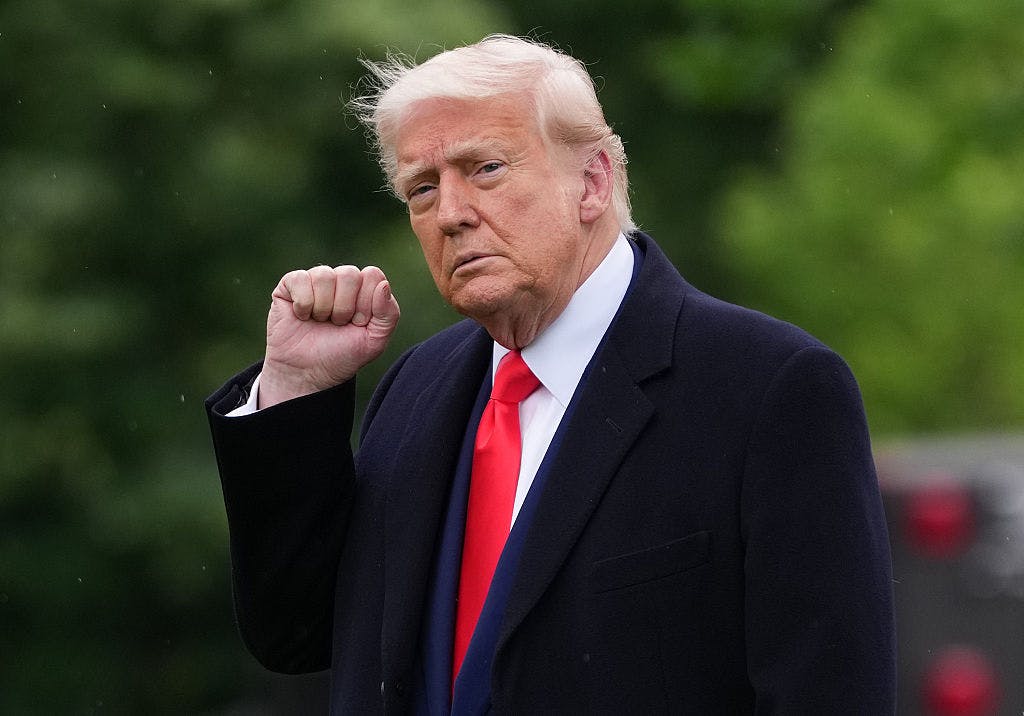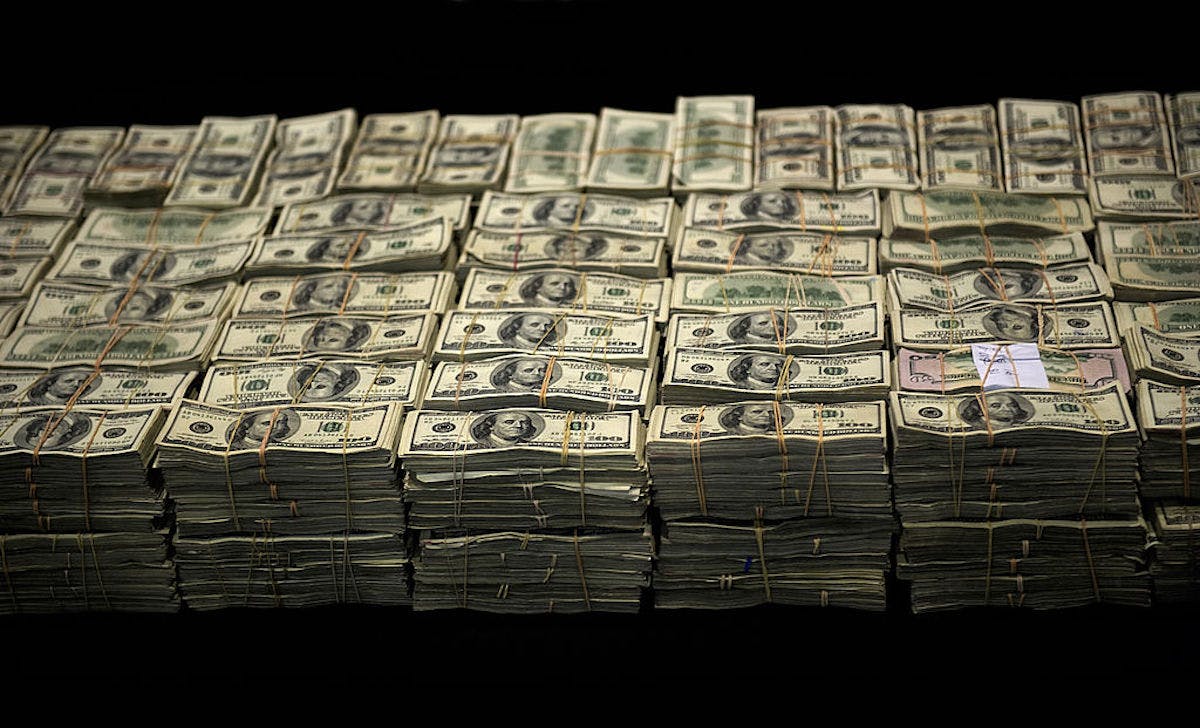Pearl Harbor and the coming war


War is often caused by a failure of imagination.
Before the Japanese attack on Pearl Harbor – whose 83rd anniversary we observed on Saturday – most Americans believed the United States was protected from foreign wars by two oceans.
After World War I, the war to end all wars, the idea of another global conflict seemed so remote that when news of the attack came over the radio, many listeners thought it was something like Orson Welles’ 1938 broadcast “The War of the Worlds.”
Before Sept. 11, 2001, who could conceive of carnage on the scale of the World Trade Center attack in lower Manhattan?
Now, after nearly four years of the Biden administration, another Pearl Harbor – and with it another world war – seems more likely than ever.
National security starts at the border – our border, not Ukraine’s. For Democrats, an open border means future voters. For the rest of us, it’s the end of sovereignty.
Even if the border is closed, the damage has been done. Millions of foreign nationals are roaming the country, including men of military age and those with terrorist ties.
On May 3, two Jordanians who were here illegally attempted to drive a truck onto Marine Corps Base Quantico in Virginia. They were charged with misdemeanor trespassing and released on bail. On Nov. 22, a federal judge dismissed the case. Anything that reflects the danger of illegal immigration is swept under the carpet.
Since Jan. 21, 2021, 7 million foreign nationals have been stopped at the border. Of those, 362 who were on the FBI’s terrorist watchlist were detained. What about the “gotaways” and those allowed to enter without being properly vetted?
The defense budget has taken a hit every year under President Biden. His proposed military spending for fiscal 2025 includes an anemic 1% increase over the previous year. When inflation is factored in, spending will actually decline.
Each year, the armed forces fail to meet their recruitment goals, except for the Marine Corps and Space Force. Morale is as low as the president’s approval rating. There are still Americans who want to fight for the flag, but not for diversity, equity and inclusion, which the Pentagon salutes at every opportunity.
In the three months after Pearl Harbor, 31,000 young men enlisted in the armed forces, the equivalent of more than 80,000 today. With anti-Americanism inculcated at all levels of education, such an outpouring of patriotism today is inconceivable.
Just as Americans did in the 1930s, we live in a world of predators we are ill-equipped to handle.
China is outproducing us in airplanes, ships and missiles. In a war with China, our stockpile of anti-ship missiles would run out in less than a week.
In congressional testimony, the Center for Strategic and International Studies estimated that in a war over Taiwan, the United States could lose 10 to 20 warships, 220 to 400 aircraft and 3,000 troops in the first three weeks of fighting.
The war in Ukraine distracts us from the real dangers – China and international Islam. It could even spark World War III. As a parting gift to regional instability, Mr. Biden authorized the use of U.S.-supplied long-range missiles deeper into Russia.
Moscow countered by test-firing its new Oreshnik hypersonic missile. With a range of 1,860 to 3,451 miles, it could reach targets in most of Europe and the West Coast of the United States. Russian President Vladimir Putin is also deploying 50,000 North Korean troops to fight alongside Russia in Ukraine.
By easing sanctions on Iran, we’ve helped the regime fund its terrorist proxies. Israel is now fighting a two-front war necessitated by the Oct. 7, 2023, massacre.
There are eerie similarities between the 1930s and today.
The 1930s were a dress rehearsal for World War II, including the Japanese occupation of Manchuria, the civil war in Spain, Italy’s war on Ethiopia and the Munich Accords.
With the U.S. retreat from Afghanistan – which signaled our weakness to the world – Russia’s invasion of Ukraine and the Hamas-Hezbollah attacks on Israel, we are once again on the brink.
Thank God we have a president-elect who’s more Winston Churchill than Neville Chamberlain.
Still, President-elect Donald Trump will need all of his political and diplomatic skills to halt the march toward a worldwide conflagration.
That means sealing the border and mass deportations, achieving energy independence, reimposing sanctions on Iran, negotiating peace between Russia and Ukraine and rebuilding our military.
Instead of just learning the lessons of history, it’s time we started applying them.
This column was first published at the Washington Times.
What's Your Reaction?
 Like
0
Like
0
 Dislike
0
Dislike
0
 Love
0
Love
0
 Funny
0
Funny
0
 Angry
0
Angry
0
 Sad
0
Sad
0
 Wow
0
Wow
0
